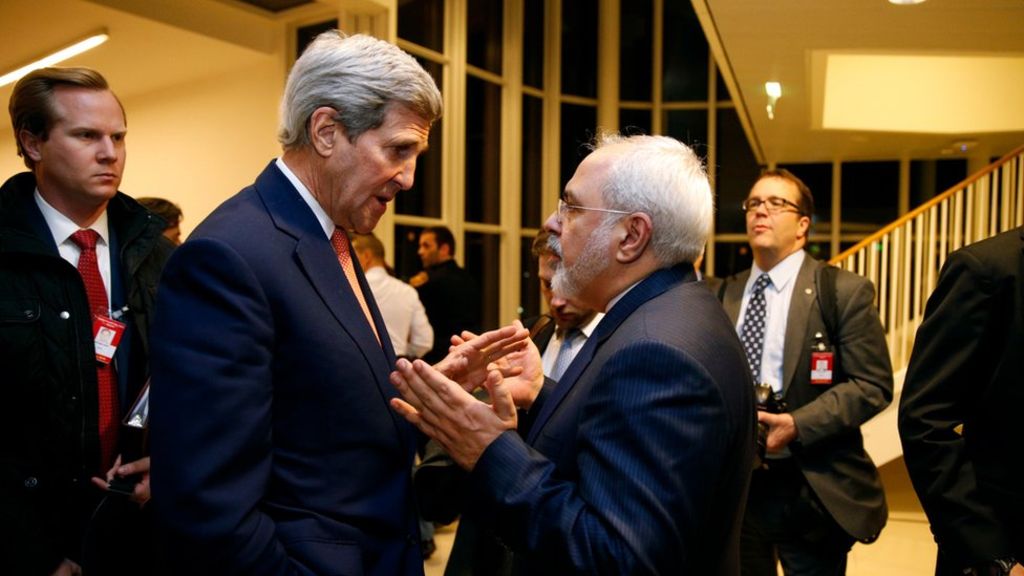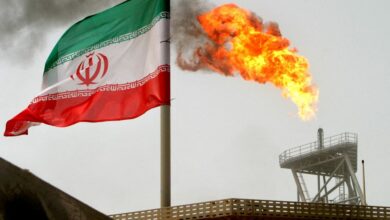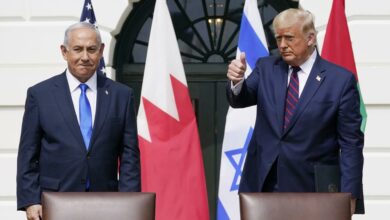
A member of Iran’s team of nuclear negotiators that struck the 2015 deal with world powers has been sentenced to five years in prison on espionage charges, a semi-official news agency reported on Wednesday.
While unnamed in the report, the only negotiator known to be facing criminal charges is dual Iranian-Canadian national Abdolrasoul Dorri Esfahani.
His detention, if confirmed, would make him the latest dual national to be arrested in Iran, part of what a United Nations panel of experts has called an “emerging pattern” since the atomic accord.
The sentencing was only reported by Iran’s semi-official Tasnim news agency, which is believed to be close to Iran’s paramilitary Revolutionary Guard, a hard-line force answerable only to Supreme Leader Ayatollah Ali Khamenei. The Guard has been involved in nearly every case involving dual nationals or those with Western ties being detained.
“The conviction of a member of the nuclear negotiation team who has been arrested before and released on bail has been confirmed in the Tehran provincial appeals court,” the short report read. “This person has been sentenced to five years in prison.”
In August 2016, hard-line news outlets said authorities detained Esfahani, who reportedly worked as a member of a parallel team focusing on lifting economic sanctions against Iran as part of the nuclear deal. He was later granted bail, which is rare in Iran for those accused of having committed a serious crime.
After the 1979 Islamic Revolution, Esfahani reportedly served as a member of the Iranian team working at The Hague on disputes between Iran and the United States over pre-revolution purchases of military equipment from the US by Iran. He is a member of the Ontario Institute of Chartered Accountants in Canada. He also has served as an adviser to the head of Iran’s Central Bank.
Esfahani’s family could not be reached for comment. Canadian officials did not immediately return a request for comment, nor did Iran’s mission at the UN.
Iran does not recognize dual nationalities, meaning that those it detains cannot receive consular assistance. In most cases, dual nationals have faced secret charges in closed-door hearings before Iran’s Revolutionary Court, which handles cases involving alleged attempts to overthrow the government.
Others with ties to the West detained in Iran include Chinese-American graduate student Xiyue Wang, who was sentenced to 10 years in prison in Iran for allegedly “infiltrating” the country while doing doctoral research on Iran’s Qajar dynasty. Nazanin Zaghari-Ratcliffe, a British-Iranian woman, was sentenced to five years in prison on allegations of planning the “soft toppling” of Iran’s government while traveling with her young daughter.
Iranian businessman Siamak Namazi and his 81-year-old father Baquer, a former UNICEF representative who served as governor of Iran’s oil-rich Khuzestan province under the US-backed shah, are both serving 10-year prison sentences on espionage charges.
Iranian-American Robin Shahini was released on bail last year after staging a weeks-long hunger strike while serving an 18-year prison sentence for “collaboration with a hostile government.” Shahini is believed to still be in Iran.
Also in an Iranian prison is Nizar Zakka, a US permanent resident from Lebanon who advocates for internet freedom and has done work for the U.S. government. He was sentenced to 10 years last year on espionage-related charges.
Former FBI agent Robert Levinson, who vanished in Iran in 2007 while on an unauthorized CIA mission, remains missing as well.




